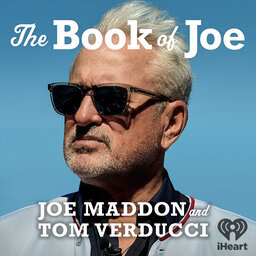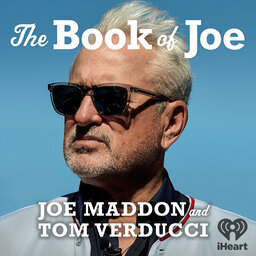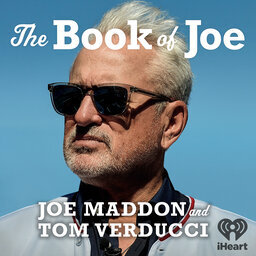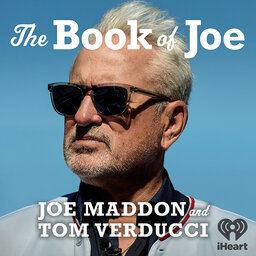Joe Maddon and Tom Verducci discuss the decline of middle-class players in the league and the challenges they face as the sport evolves. How has training in the Spring changed for athletes? We're surprised Anthony Rizzo still isn't on a team, but what does that say about how rosters are being built? Joe stresses the importance of a balanced lineup of youth and experience. Tom reflects on 'baseball-lifers' and the impact they had on the sport that can still be seen today!
The Book of Joe Podcast is a production of iHeart Radio.
#fsr
In 2 playlist(s)
The Book of Joe with Joe Maddon and Tom Verducci
Borrowing the podcast title from their forthcoming book, three-time Manager of the Year Joe Maddon a…Social links
Follow podcast
Recent clips

The Book of Joe: Cubs Convention, High Value Deals, HOF, and Indiana wins!
49:06

The Book of Joe: Ken Lazarus, CEO of Infinite Sky AI
51:45

The Book of Joe: Mattingly to Phils and Roster Possibilities
45:37
 The Book of Joe with Joe Maddon and Tom Verducci
The Book of Joe with Joe Maddon and Tom Verducci
